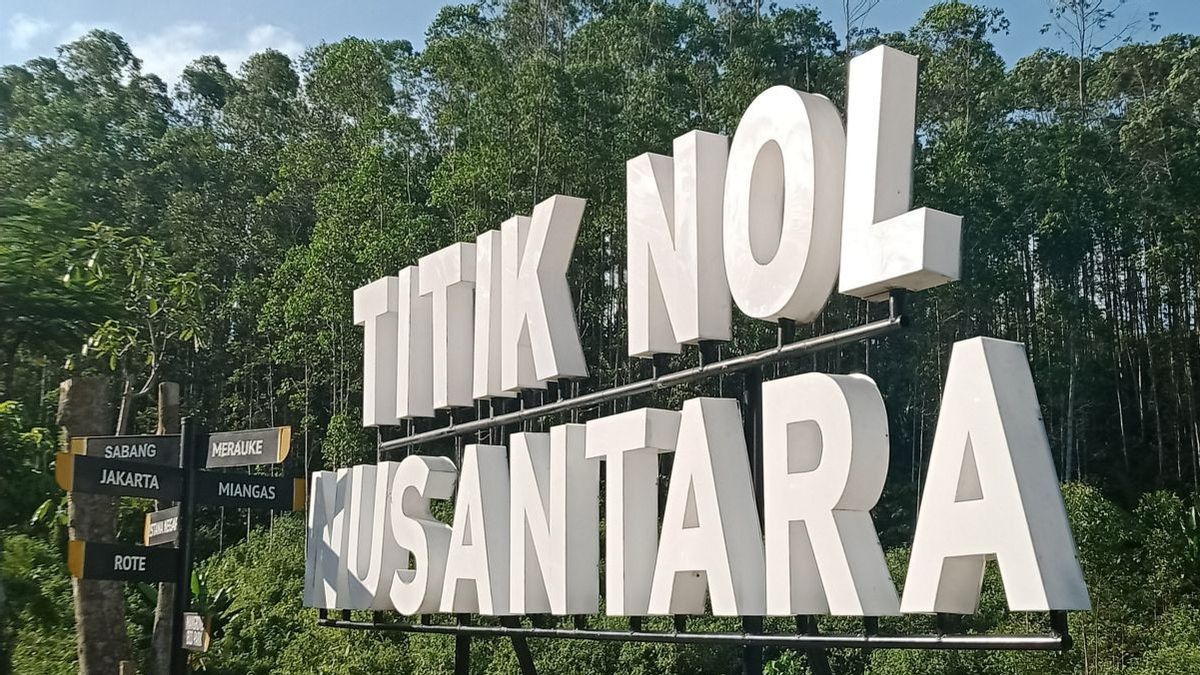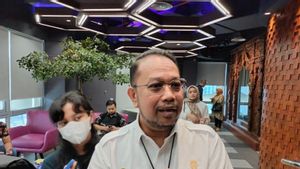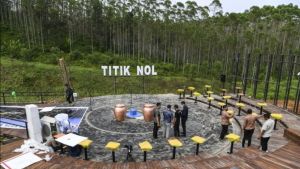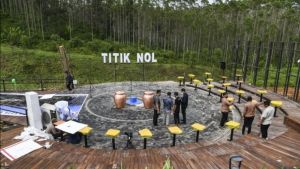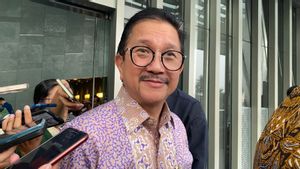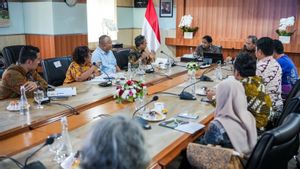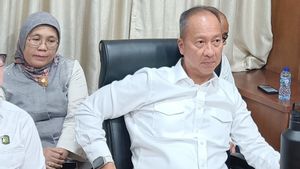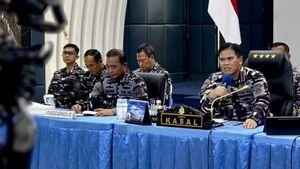JAKARTA - The Capital Archipelago Authority (OIKN) collaborates with the private sector to support low-carbon development. In the near future, OIKN will launch a project of cooperation with the private sector, such as in reforestation, waste management, and waste.
"Currently, we are working with several private organizations specifically to achieve the reforrest target in the archipelago," said Deputy for Environment and Natural Resources of OIKN Myrna Asnawati Safitri in a written statement received by VOI, quoted Wednesday, December 6.
Myrna assessed that in the future there will be a launch of a cooperation project between the archipelago and a number of private sectors that focus on green development.
"We really welcome the participation of the private sector in developing it together with us in connection with several objectives related to the sectors that have been mentioned in low-carbon development," he said.
Some of these sectors include forestry and land use (Forestry and Other Land Use/FOLU), agriculture, waste and industrial management energy. OIKN is currently in discussion with several private investors regarding waste and waste management in the archipelago.
All these steps were taken based on Nusantara Regionally and Locally Determined Contribution (RLDC), which is a roadmap document that describes Nusantara's steps to become a city of zero carbon emissions by 2045.
The document itself was launched on the sidelines of COP28 on Sunday, December 3. With one of the contents of the document emphasizing the target of reducing emissions to -1.1 million tonnes of carbon dioxide (MtCO2) by 2045 and a more ambitious target set in the second scenario is that emissions can be reduced further to -1.6 MtCO2.
The target will be achieved with several steps, including efforts to relocate degraded land, use of renewable power sources and sustainable agricultural practices.
SEE ALSO:
In the same discussion, Managing Director Head of Climate Change Finance HSBC Asia Pacific Justin Wu saw Indonesia's opportunity in the future from the eyes of economic growth.
"The impressive economic growth achieved in Indonesia is the result of considerable development and funding. In the next 30 or 40 years when we need to achieve net zero, we need to achieve a net zero economy," he said.
Justin Wu also expressed interest from the private sector in seeing the competitiveness of Indonesia so that it can invest.
"Indonesia's competitiveness in attracting private funding. In my opinion, this is not a kind of competition related to net zero. This can be a good thing," he added.
The English, Chinese, Japanese, Arabic, and French versions are automatically generated by the AI. So there may still be inaccuracies in translating, please always see Indonesian as our main language. (system supported by DigitalSiber.id)
